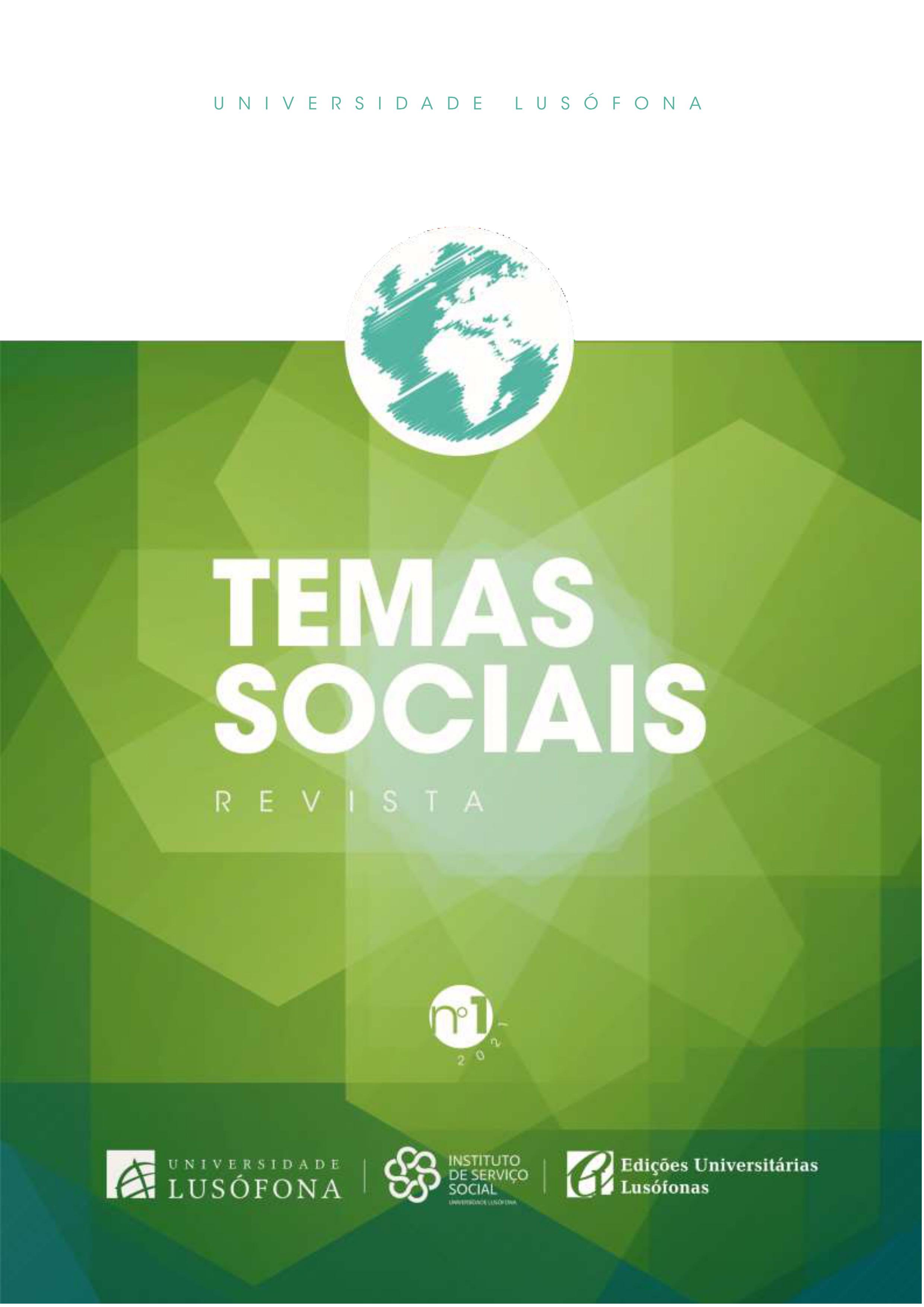The intervention of social workers with elderly people living in residential facilities. A qualitative study about the logic of life project
https://doi.org/10.53809/2021-01-TS-n.1-148-169
Abstract
This research aims to analyze the dynamics of Social Work in the gerontoinstitutional field, in the light of a reflection on the various expressions of EA and participation, in benefit of life projects for and in old age. The sample involved five social workers working in Residential Structures for the Elderly (ERPI) from five different ERPIs. Data were collected through a sociodemographic questionnaire and in-depth interviews (semi-structured) following an essentially qualitative approach (content analysis). The main results showed that designing life projects for and in old age in residential settings consistently proved to be supported, on the one hand, by institutionalized standards and guidelines and, on the other hand, although emerging at a shy pace, by holistic, comprehensive and multidimensional approaches. These results are promising in terms of how analytically and empirically life projects based on the new expressions of old age(s) are conceived and implemented in residential care facilities, focusing on interactive, integrative and multidimensional logics.
Downloads
Open Access Policy:
The Journal facilitates free, open and immediate access to its contents to foster the exchange of knowledge at a global level.
By submitting their work, the author(s) authorise the publication and dissemination of their work and are responsible for its content.
Code of Ethics:
The Journal is a digital tool that enables the dissemination of knowledge in a globalised society where technology, communication and information occupy a prominent place. The publication promotes equal opportunities facilitated by knowledge. To this end, the Journal is committed to the content it publishes, adopting a code of ethics based on the following principles:
1. The texts received must be original, by the author(s) alone and unpublished, i.e. they must not have been previously published, broadcast or sent to another publication.
2. Authors are responsible for requesting any authorisations necessary to publish their texts, with the respective reference to the sources consulted.
3. That organisation must authorise work funded by an organisation to disseminate the results.
4. the plagiarism detection tool in force will review all work received at Universidade Lusófona - Centro Universitário de Lisboa.
5. The articles received will be evaluated by two experts in the field, guaranteeing the anonymity of the author(s) and the evaluators.
6. Papers involving people as the research subject must obtain informed consent from all of them, with strict respect for the confidentiality of personal data and, if necessary, the decision of the Ethics Committee.
7. The list of authors should only include those who contributed intellectually to the work, i.e., who designed and carried out the research, wrote up and analysed the results and approved the final version of the text.



